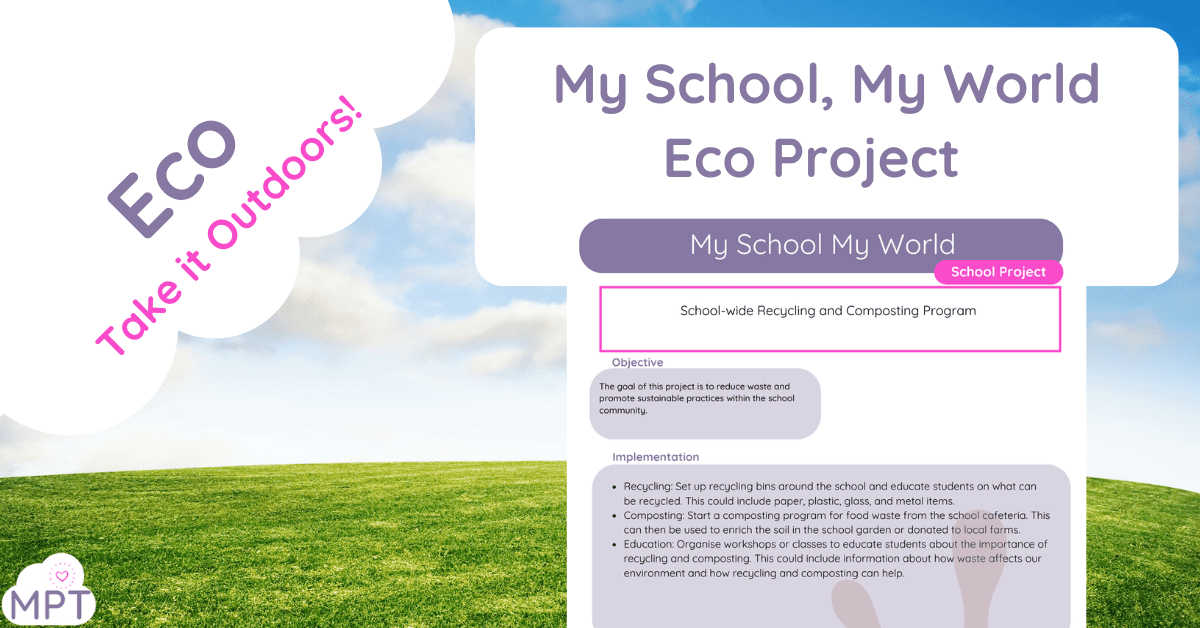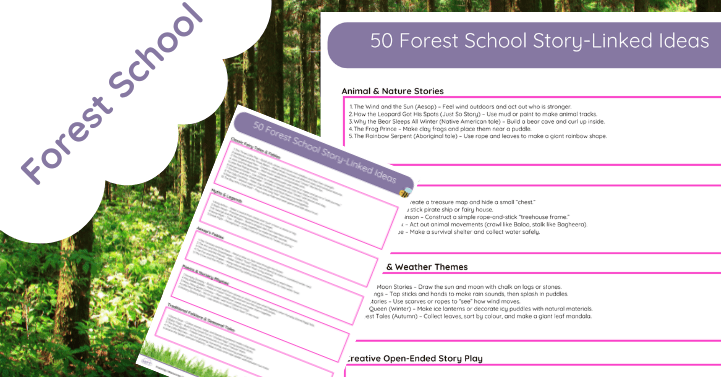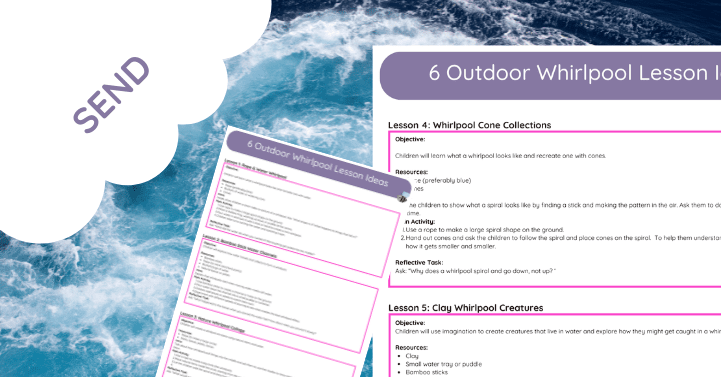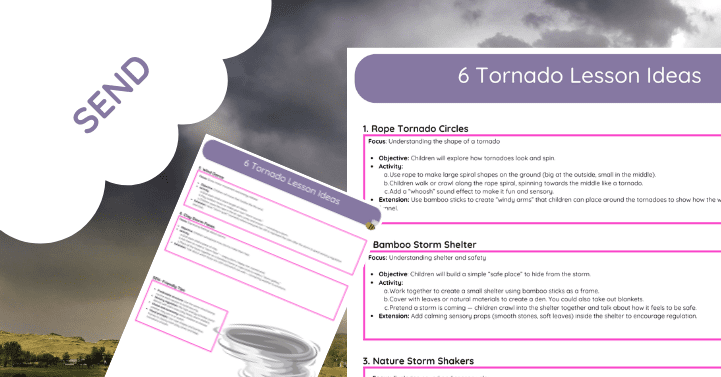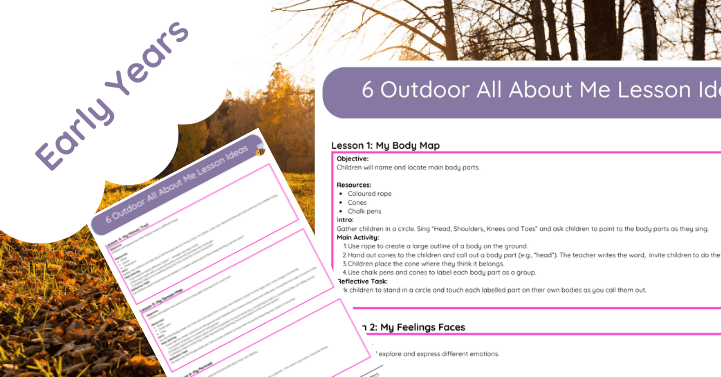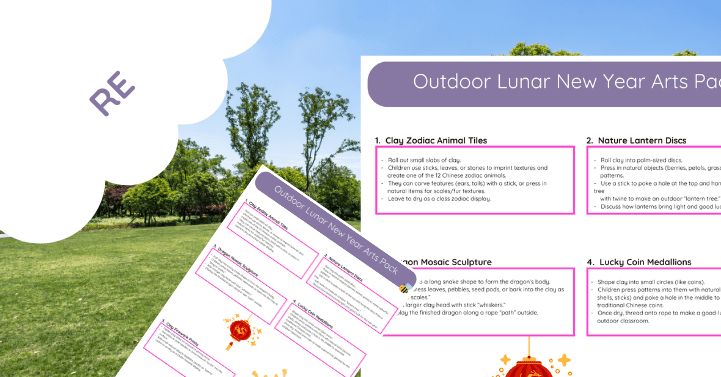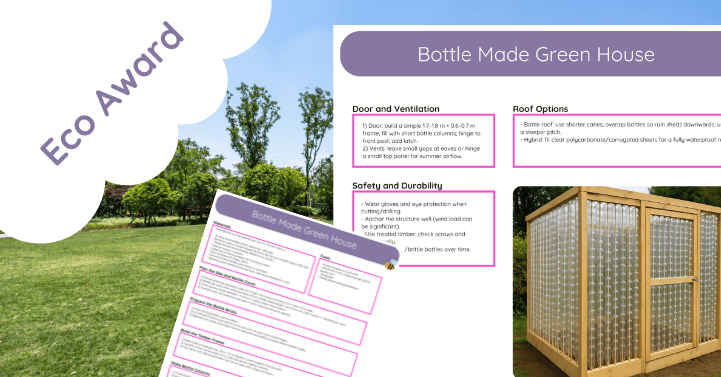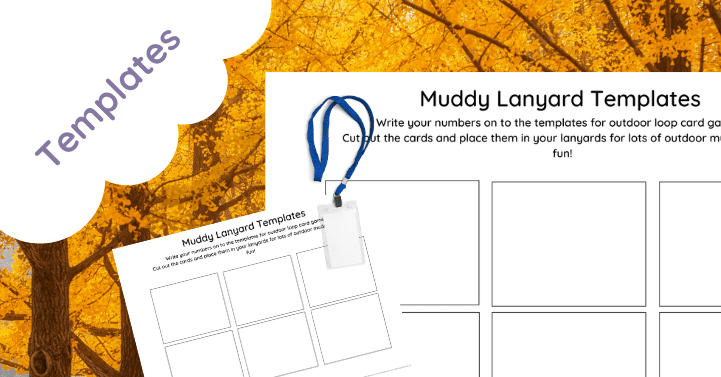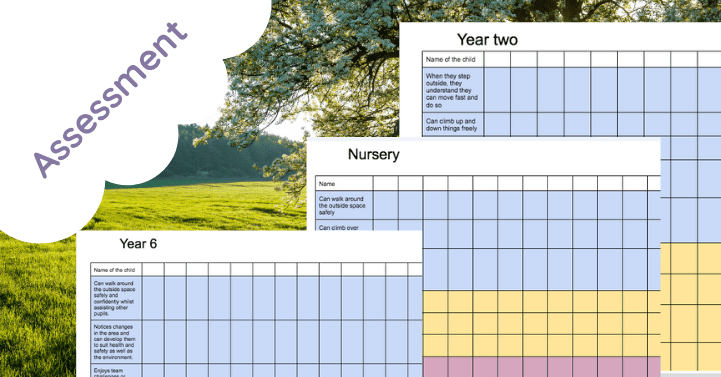This lesson plan introduces a comprehensive Recycling and Composting Program to reduce waste and promote sustainable practices within the school community. The project involves:
- Recycling: Implementing a recycling initiative that educates students on the importance of recycling and the types of materials that can be recycled, such as paper, plastic, glass, and metal items.
- Composting: Establishing a program that transforms food waste from the school cafeteria into nutrient-rich compost. This compost can then be used to enrich the soil in the school garden or donated to local farms.
- Education: Organizing workshops or classes to educate students about the environmental impact of waste and the benefits of recycling and composting.
- Outcome Measurement: Measuring the amount of waste the school produces before and after the implementation of the project to demonstrate its impact.
- Community Involvement: Invite the local community to participate in the program and share compost with local gardeners and farmers.
This project contributes to environmental sustainability and provides a valuable educational experience for students, teaching them about the importance of responsible waste management and the role they can play in protecting our planet.
My Schools: Pioneering Sustainability with a School-wide Recycling and Composting Program
When we think of “my schools”, we often reflect on the lessons learned, the friendships made, and the teachers who left a lasting impact. But what if “my schools” were also the pioneers of sustainability in our community1?
Introducing the Project
The goal of this project at “my schools” is to reduce waste and promote sustainable practices within the school community1. By implementing a comprehensive recycling and composting program, we aim to make our schools a beacon of environmental responsibility1.
Recycling: The First Step
The first step in this journey is setting up recycling bins around the school1. Students are educated on what can be recycled, including paper, plastic, glass, and metal items1. This simple act of separating recyclables from general waste is the first lesson in our sustainability curriculum1.
Composting: Turning Waste into Wealth
The next step is starting a composting program for food waste from the school cafeteria2. This waste is not just discarded, but transformed into nutrient-rich compost2. This compost can then be used to enrich the soil in the school garden or donated to local farms2, turning waste into wealth2.
Education: The Heart of the Program
Central to this program is education1. Workshops and classes are organized to educate students about the importance of recycling and composting1. They learn how waste affects our environment and how recycling and composting can help mitigate these effects1. This knowledge empowers them to make informed decisions1.
Outcome Measurement: Seeing the Impact
The impact of this program at “my schools” is measured by comparing the amount of waste produced before and after the implementation of the project1. This tangible evidence of reduced waste serves as a powerful testament to the effectiveness of the program and the difference that each individual can make1.
Community Involvement: Expanding the Reach
But the program doesn’t stop at the school gates1. We involve the local community by inviting them to participate in the program or by sharing the compost with local gardeners and farmers1. This not only expands the reach of our sustainability efforts but also fosters a sense of community and shared responsibility1.
My Schools: Leading the Way
Through this recycling and composting program, “my schools” are leading the way in sustainability education1. We’re not just teaching students about the environment; we’re empowering them to take action and make a difference1. And in doing so, we’re shaping not just their future, but the future of our planet1.
So, here’s to “my schools” – the places that are much more than just buildings, but homes of growth, discovery, and now, sustainability1.


